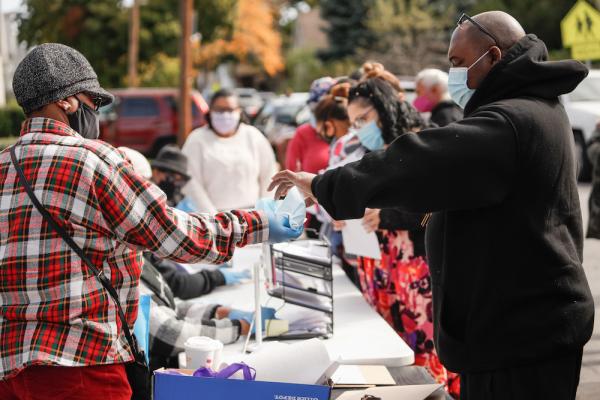Feb 4, 2021
Early in the pandemic, during one of my “church check-ins” over Zoom, I opened the floor for our members to share any challenges they might be facing as a result of the shutdown so we could be more responsive and supportive. After a few responses, the call went surprisingly silent. I prodded the group and one of our wisest, most active retirees surprised me with her contribution: “We’ve been through challenging times before. We are resilient people. We are okay.”
Read the Full Article

Already a subscriber? Login
